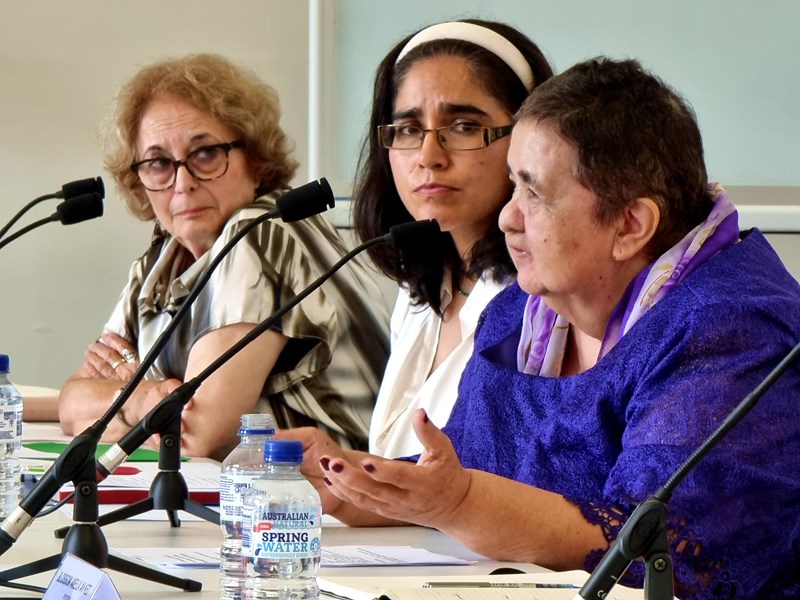Report urges more support, closer to home for Victoria’s migrant and refugee seniors
2 August 2022
Care finders or community connectors could be employed across the state to help culturally diverse seniors find and access support close to where they live.
A parliamentary committee has recommended the initiative after an inquiry found older people from migrant and refugee backgrounds are often unaware of the services available to them.
The Legislative Assembly Legal and Social Issues Committee has made 76 recommendations to government, including more funding for the provision of essential services and an expansion of translated material into a broader range of languages.
A landmark statewide strategy to prevent and respond to elder abuse, with specific actions for multicultural communities is also proposed.
One in four Victorians aged 60 and above are from non-English speaking backgrounds and the committee heard they are often socially isolated and excluded from economic, social and digital opportunities.
The COVID-19 pandemic exacerbated many of the issues faced by culturally diverse seniors.
“ 'The Victorian Government has a role to play in facilitating the safe re-engagement of older people in the community,' ”
Committee Chair Natalie Suleyman.
'Ethno-specific and multicultural organisations, as well as ethnic seniors’ groups, require more support and funding to deliver services that address these challenges.'
The vital role of the bicultural and bilingual workforce is also recognised with suggested ways to strengthen support, including consistent remuneration, training and professional development opportunities.
'The Victorian Government must build healthcare and social services systems that deliver high-quality and culturally safe care that adequately meets the diverse needs of older Victorians,' Ms Suleyman said.
'This report proposes several best practice principles on how to achieve this, including by facilitating place-based and person-centred care, and building a strong bicultural and bilingual workforce.'
Mainstream aged care providers are also being encouraged to partner with ethno-specific organisations to improve their ability to deliver culturally appropriate services.

The Committee’s report is informed by the 73 submissions it received and evidence provided by 72 witnesses at five days of public hearings, held online and at Coburg in Melbourne’s inner-north and Geelong and Ballarat in regional Victoria.
'It is only through expert evidence from stakeholders and candid input from those with lived experience that the Committee can reach these conclusions,' Ms Suleyman said.
The state government has six months to respond to the recommendations.
The full report and an Easy English summary are available to read on the Committee’s website.
Watch a video snapshots of evidence provided at public hearings on YouTube.